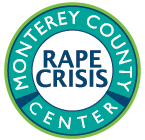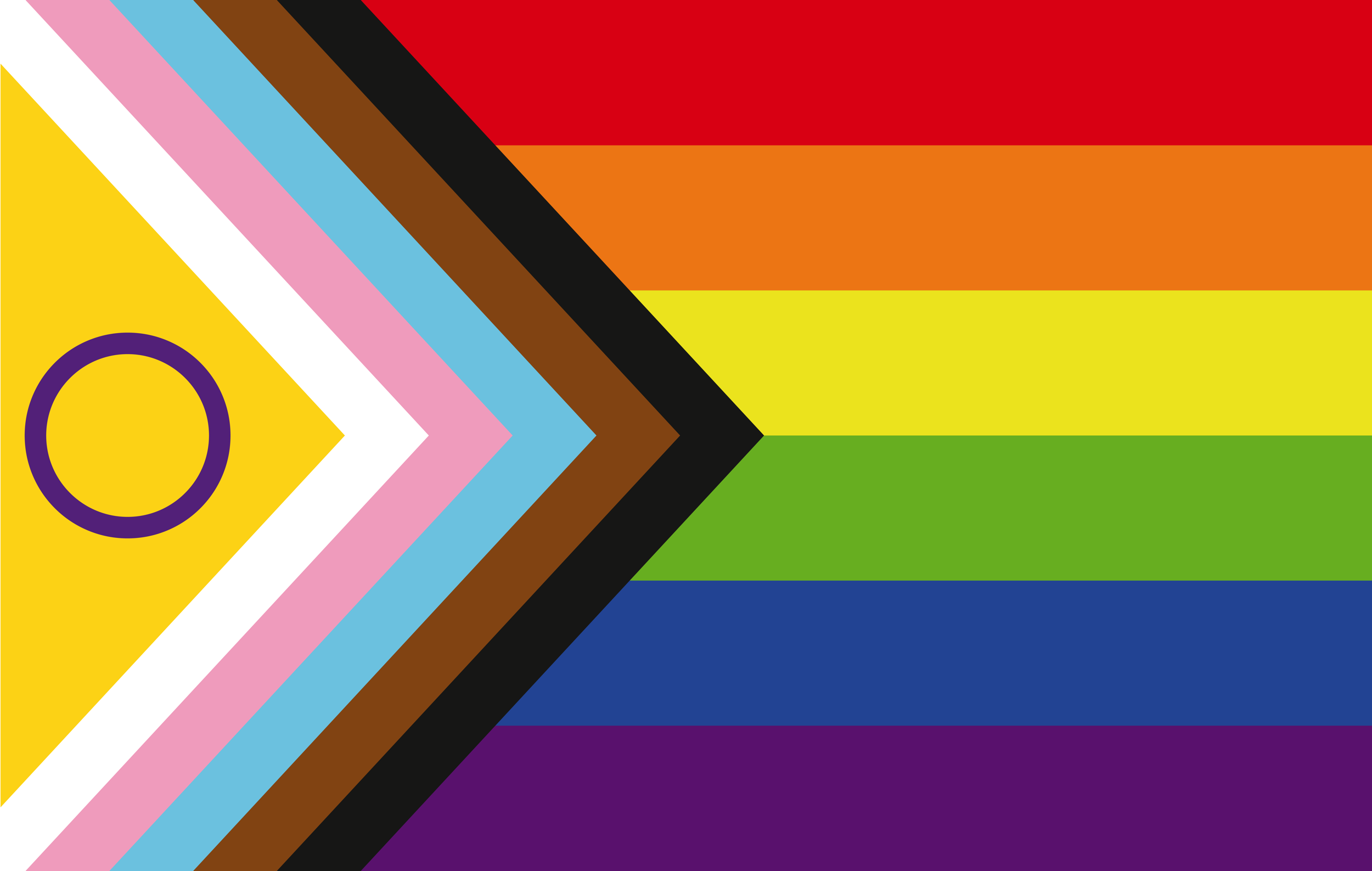March 26, 2020
by Lauren DaSilva, Deputy Director

Last summer, I was running around our Salinas office looking for the wifi password for a client and, after some searching, I found it in an obvious place on our communal bulletin board above the microwave. I’ve passed this bulletin board dozens of times a day in the six years I have worked in MCRCC’s Salinas Office, but when I found the wifi password I noticed something on the bulletin board I hadn’t before. It was a small beige colored brochure published by The Joyful Heart Foundation describing Trauma Exposure Response and its 16 warning signs.
After giving the client the information she needed, I went back and studied that little brochure to find that: 1.) it was a short summary of a book called Trauma Stewardship, An Everyday Guide to Caring for Self While Caring for Others by Laura Vandernoot Lipsky and 2.) I was experiencing many of the 16 Warning Signs of Trauma Exposure Response including a sense that I can never do enough, hypervigilance, an inability to listen or avoidance, exhaustion, and cynicism. I clearly needed to learn more about how my work was affecting my physical and mental health, my relationships, and my ability to be fully present with MCRCC clients and with my amazing colleagues.
I ordered Trauma Stewardship only to find that I already read it in graduate school. While I waited for my copy to come in the mail, I read the copy I had to find the author’s words resonated differently having worked at a rape crisis center for 6 years. I highlighted vigorously and wrote post-its that I fastened to every other page until the cover was creased and soft. When I finished, I had renewed intention for my own wellbeing, for the wellbeing of our clients, my colleagues, the agency, and thought my colleagues might be interested in sharing this experience.
This series is the first in a series of blog posts that we will publish in the coming weeks that invites you, our supporters, colleagues, clients, and friends, to join us in the experience of MCRCC’s first book club discussing Trauma Stewardship. Each week we will cover a section of the book, give you a summary of thoughts and ideas that were shared by MCRCC staff during our book club meetings (which have taken place over the last four months), and provide space for you to share your own thoughts and feelings about what you have read if you choose to.
The Salinas, Monterey, and Santa Cruz County Public Library Systems all use Hoopla, which allows you to check out both the audiobook and ebook version of Trauma Stewardship. You can also find it wherever you get your audio or ebooks including google play, audible, and amazon.
Next week we will discuss the first two chapters (pages 1-38) and cover the following discussion questions:
-
What are your first impressions of the book and the idea of trauma stewardship?
-
What thoughts and/or ideas resonated with you in the first two chapters?
-
Are there any passages that you felt personal alignment with?
-
What ideas and/or thoughts do you disagree or are having a hard time with?
-
What thoughts and/or ideas are you realizing you are pushing back against?
-
What thoughts and/or ideas are you looking forward to learning more about?
We are excited to share the wisdom within these pages and generated from our book club discussions with you in this very difficult and tumultuous time. One of my favorite quotes from the book is, “The truth is that we have no authority over many things in our lives, but we do control how we interact with our situation from moment to moment.” It gives me some peace to know I have control over my thoughts and actions when nothing else seems solid.
Update: The second post of this series is available here.




